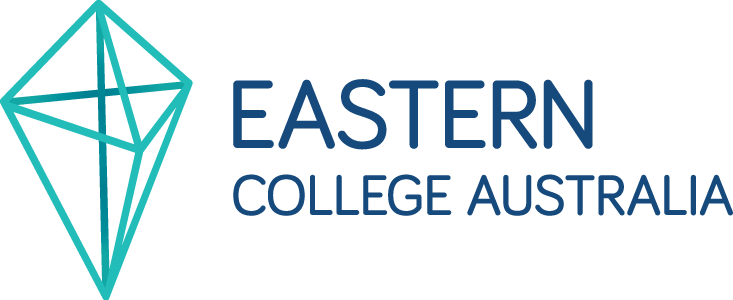The College is committed to welcoming and supporting students with disabilities.
To describe how the College supports students with disabilities and how the students may access these support mechanisms.
This policy applies to all students with a disability that affects their studies, and all staff with student contact.
Reasonable Adjustment refers to an individualised modification made to the teaching, learning and assessment activities to enable a student with disabilities or an ongoing health condition to access and participate in education and training on an equal footing with other students.
An adjustment is reasonable in relation to a student with a disability if it balances the interests of all parties affected. (Disability Standards for Education, Sections 3.3, 3.4)
Special Arrangements and their application are described in the Special Arrangements Policy
Unjustifiable hardship is an exception under the Disability Discrimination Act 1992 that exempts an organisation from making an adjustment if the making of the adjustment would impose an unjustifiable hardship on the education provider.
Statement of Affirmation
We affirm that all people were created by God in His image, intended to enjoy fellowship with Him. As Christians, we are to relate to one another in the love of the Lord, counting others before themselves. Therefore, Eastern College Australia staff are committed to encouraging and helping all students, including students with disability, to develop their gifts and abilities to the fullest possible extent. Further, the College seeks to honour and comply with the Disability Discrimination Act 1992 and the Disability Standards for Education 2005, which promote access and equity for students with disability. Many students with disabilities have studied successfully at the College. Disabilities may be permanent, temporary, episodic or fluctuating.
We support students who have a wide range of disabilities or conditions including, but not limited to
• neurodiverse conditions
• sensory impairments
• temporary injuries receiving treatment
• medical conditions
• mental health conditions
• mobility issues
Partnering with us in relation to your support needs
Prospective students who have a disability that may affect their studies are encouraged to indicate this in the Application form so that the College can most effectively take these disabilities into account, preparing for relevant considerations and supports.
Current students who wish to have disabilities taken into account in relation to their studies are responsible for discussing this with the Dean of Students and/or their Course Advisor at the earliest possible opportunity.
Students are expected to seek advice, help or assistance before, rather than after, submitting assessment tasks.
Privacy & Confidentiality
Information in relation to a student’s disability/medical condition shall remain confidential and shall be restricted to those with a legitimate need to know in accordance with the College’s Privacy Policy.
Inherent requirements and Course Integrity
Students with disability may be granted Reasonable Adjustments, provided that does not cause Unjustified Hardship to the College, or impinge on the integrity of the course. The College requires all students to demonstrate the required knowledge, understanding and skills to pass in any unit. These requirements are outlined in the course-level learning outcomes, and the subject level outcomes, as well as the assessment criteria within each subject outline.
Documentation and Notification
Normally, documentation is required to provide evidence of the nature and significance of a disability, when completing a Student Support Request form. The student should either:
- provide evidence of the diagnosis already in the possession of the student, including, if possible, recommended support strategies for effective learning; or
- at his or her own expense, arrange for a report from an appropriately qualified specialist (e.g. doctor, psychologist, educational psychologist, or psychiatrist) which sets out the nature of the condition, and suggests a recommended learning support strategy, (including but not limited to additional time for exams, reading or the completion of assessment tasks, additional lighting or special seating,);
and
- give written consent (with the agreement of the specialist who provided the report) for a representative of the College to contact the specialist for clarification as needed.
Exceptions to the need for documentation will be considered on a case-by-case basis by the Dean of Students. The College will endeavour to implement appropriate reasonable adjustments in a timely manner. The College will maintain a register of all implemented reasonable adjustments.
Some reasonable adjustments will be formalised by the preparation of a Special Arrangement in which case an electronic copy of the approved Special Arrangement will be provided to the student by email and other relevant College staff.
When Support Is No Longer Needed
We recognize that some disabilities may be temporary. If you no longer require the reasonable adjustments previously arranged, please inform the College as soon as possible so we can update your support accordingly. The College reserves the right to request updated documentation or confirmation to ensure that reasonable adjustments remain necessary and appropriate.
